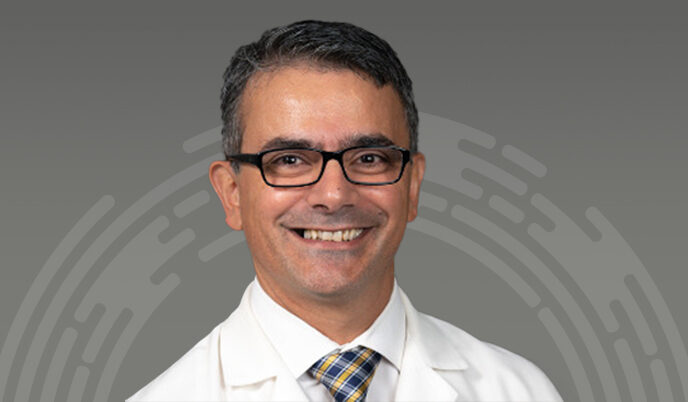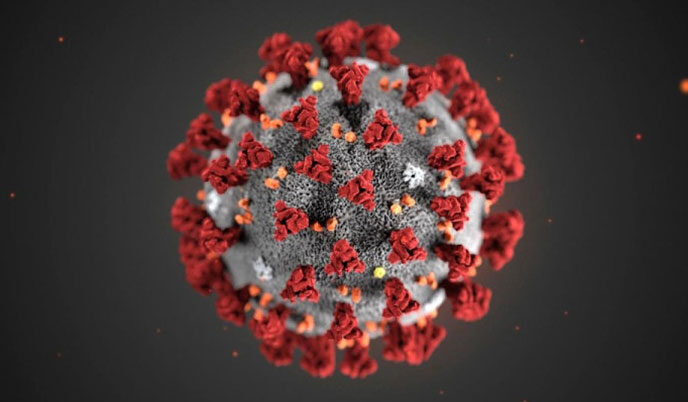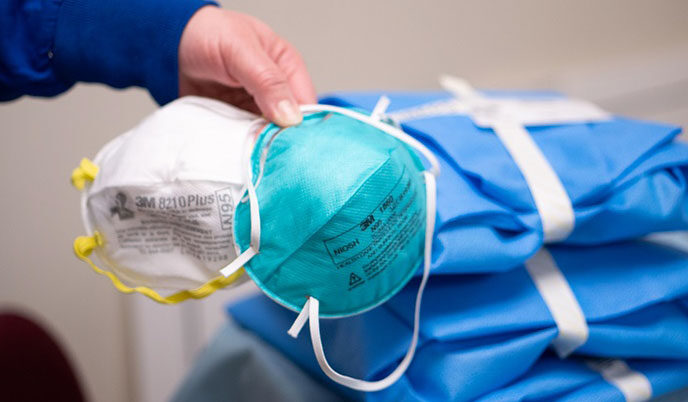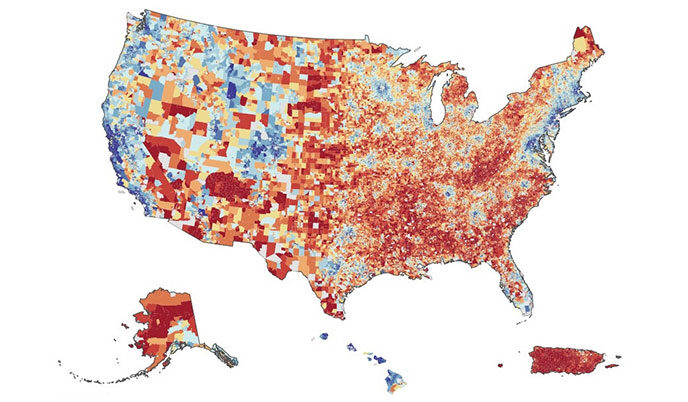
UW study: Coverage for people with pre-existing conditions improved under the Affordable Care Act
Insurance coverage for people with pre-existing conditions increased during the first five years of Affordable Care Act implementation, a recent UW–Madison study revealed.

UW Health and UW School of Medicine and Public Health launch new Study Finder
UW Health and the UW School of Medicine and Public Health have launched the UW Health Study Finder, a new, easily accessible website that lists UW studies and clinical trials that are currently recruiting participants.

UW Health, School of Medicine and Public Health remove race from kidney function estimation formula
As part of their efforts to address systemic racism in medicine, UW Health and University of Wisconsin School of Medicine and Public Health are calling for an approach to assess kidney function devoid of race.

UW Health and University of Wisconsin selected as one of first clinical sites in the U.S. to test new COVID-19 vaccine
UW Health and the University of Wisconsin School of Medicine and Public Health (SMPH) are among the first sites in the country to study whether an investigational vaccine developed by the pharmaceutical company AstraZeneca can prevent COVID-19, the disease caused by the new coronavirus SARS-CoV-2.

UW study looks at new protections for frontline health care workers during COVID-19
A new prevention research study at the University of Wisconsin School of Medicine and Public Health looking at whether commonly used oral and nasal antiseptic (in addition to personal protective equipment and hand hygiene) can help prevent COVID-19 infections in frontline health care workers.

UW School of Medicine and Public Health works to dispel COVID-19 myths
The University of Wisconsin School of Medicine and Public Health wants the public to think critically about COVID-19 risks, effects and safety measures as we all deal with this unprecedented pandemic.

Badger Talks: All you need to know about wearing a mask
As the U.S. grapples with surges of new COVID-19 infections, everyone is looking for ways to slow the spread of the disease. In this Badger Talks video, Ajay Sethi, associate professor from the UW School of Medicine and Public Health Department of Population Health Sciences and expert on infectious disease epidemiology, says that we should continue to turn to an old standby: masks.

UW School of Medicine and Public Health and UW Health quickly launch numerous COVID-19 clinical trials
As the outbreak of the novel coronavirus that causes COVID-19 was deemed a pandemic, research institutions across the United States rapidly shifted focus to studies aimed at understanding the virus and finding treatments. The University of Wisconsin School of Medicine and Public Health is among them and has responded to the demand in a big way.

DHS announces COVID-19 population health studies
Two studies will help public health experts understand the virus and inform the public.

Neighborhood disadvantage associated with presence of Alzheimer’s disease-related brain changes at autopsy
People in the most disadvantaged neighborhoods in the United States may face greater odds of developing Alzheimer’s disease-related brain changes, according to researchers at the University of Wisconsin School of Medicine and Public Health.

Standing up for equality and health equity
It has been just over a week since George Floyd, an unarmed black man, was killed by police officers in Minneapolis during an attempted arrest in a horrific and brazen act of police brutality. This past weekend, powerful instances of both peaceful protests and violent civil unrest have occurred in Madison and elsewhere throughout the United States.

Survey of the Health of Wisconsin shifts data collection efforts to understand how COVID-19 affects all aspects of health
The Survey of the Health of Wisconsin (SHOW) is shifting data collection efforts this coming year with the goal of being at the forefront of understanding how the coronavirus pandemic is impacting all aspects of health.